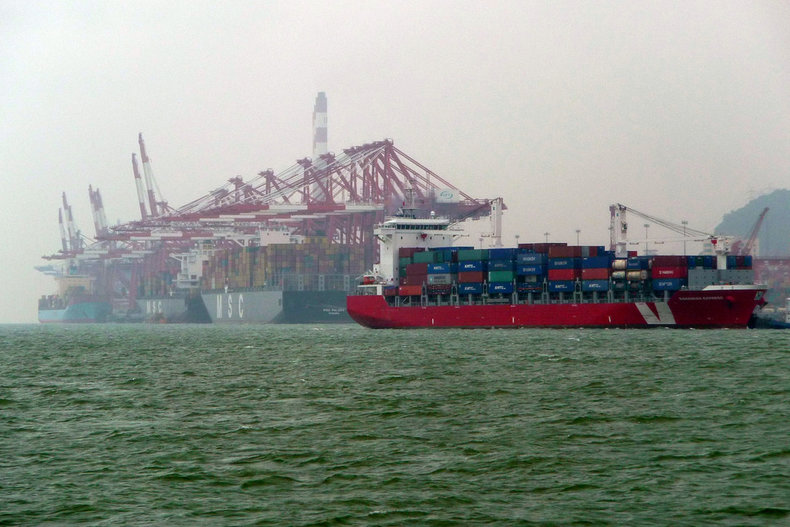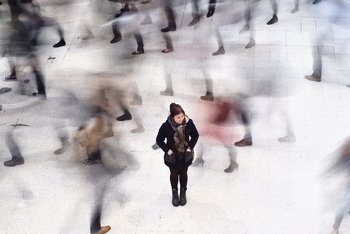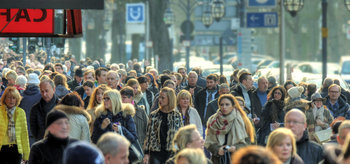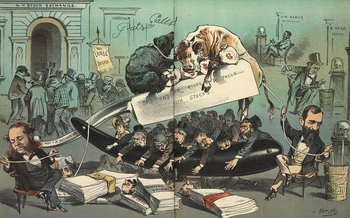
Calculation
Economic growth is calculated as:
GDP
Economic growth is normally measured in gross domestic product, or GDP. This is the total market value of all final goods and services produced in a period of time by a nation, region or city.GDP Per Capita
GDP is often measured as an average per person by dividing by the population of a nation, region or city.Per Capita Economic Growth
Per capita economic growth is the growth in GDP per capita. When a population is growing, this can be much lower than GDP growth. For example, if the population is growing at 3% then you need 3% economic growth for GDP Per Capita to remain the same.Real Economic Growth
Real economic growth is economic growth that is adjusted for inflation. For example, if inflation is 2% and growth is 2% than real economic growth is 0%.Real Economic Growth Per Capita
Per capita economic growth can also be adjusted for inflation. If your population is growing and you have a high rate of inflation, real economic growth per capita will be much lower than economic growth. For example, growth of 3% in an environment of 2% population growth and 4% inflation produces negative real economic growth per capita.Recessions & Depressions
Recessions are periods of negative economic growth that last for 6 months or longer. A depression is a severe economic crisis that involves negative economic growth of 10% or more that lasts two or more years.Growth Factors
Factors that influence economic growth include:- population growth- increases in capital such as infrastructure- political and social stability- efficient markets- trade- innovation- behavior such as consumer confidenceEconomic Development vs Economic Growth
Economic development is an improvement in the quality of life of a population. This is a far broader concept than economic growth that includes how well income is distributed amongst the population and other factors such as social stability, health, education, transportation, safety and the environment.Uneconomic Growth
Uneconomic growth is short term growth that produces a long term reduction in growth or quality of life. For example, a war may temporarily boost GDP but then lead to debt and/or the complete destruction of a country's infrastructure and social fabric. This takes less dramatic forms such as a nation that builds out too much infrastructure to achieve growth with government spending only to reach unsustainable levels of debt triggering high inflation as the government prints money to pay debt.| Overview: Economic Growth | ||
Type | ||
Definition | The rate of increase in the GDP of a nation, region or city in a period of time. | |
Related Concepts | ||





























